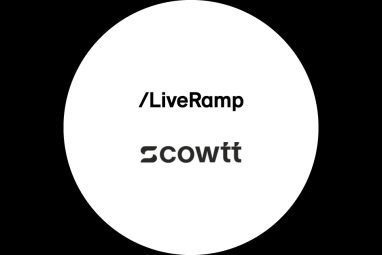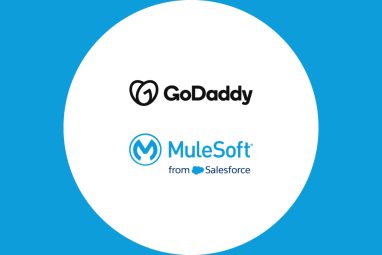FLoC Out, Topics API In. Will It Succeed?
Google introduced an alternative to FLoC that suffered some backlash for posing a privacy risk. Google is optimistic about Topics API but some brands still have apprehensions about it Early last year, Google replaced third-party cookies with a system to track people’s interests called the Federated Learning of Cohorts (FLoC). It tracks people’s interests based […]
Topics
What to Read Next

Google introduced an alternative to FLoC that suffered some backlash for posing a privacy risk. Google is optimistic about Topics API but some brands still have apprehensions about it
Early last year, Google replaced third-party cookies with a system to track people’s interests called the Federated Learning of Cohorts (FLoC). It tracks people’s interests based on a “cohort” of subjects that share similar interests.
Unfortunately, the system has been criticised for posing a privacy risk because it permits advertisers to create an identity of users through tools like fingerprinting, exposing information, such as user demographics, which can lead to discriminatory targeted ads.
Companies like Brave, Amazon and DuckDuckGo spoke against FLoC and said it does not stop user tracking from cookies, as groups with a few thousand users could still be a strong identifier. They also objected to allowing Google to decide what was and wasn’t sensitive information.
As a result, Google is proposing a system for interest-based advertising called Topics API. With this system, browsers will be able to store around five user interests every week, based on web activity, such as travel, fitness and travel for three weeks before they can delete them.
Presently, Google’s advertising taxonomy lists around 350 topics, and it will add more in the future. Moreover, none of the Topics will include categories on sensitive issues like race or gender. Google will let users browsing the web on Chrome access tools to view and delete topics or turn off the feature entirely.
Google stated that interest categories will be picked up “entirely on your device” and don’t involve “any external servers, including Google servers.” Upon visiting a website, Topics will show advertising partners three interests, which will consist of any topic from the last three weeks.
In 2019, Google’s Privacy Sandbox experimented with topics to give advertisers a list of user interests when it proposed its Private Interest Including Noise (PIGIN).
The system was met with distrust because it could still allow trackers access to a wealth of private user information to build user profiles. As a result, Google is currently testing FLEDGE, a newer version of PIGIN, on Chrome and Chrome Canary.
An Opinion
The Web Standards Team from Brave is against Google’s new ad system as well. They believe Google is only “Rebranding FLoC without addressing key privacy issues.”
The Brave team stated that Google still controls what is and is not sensitive data. It said that it was “arrogant and dangerous for Google to be the arbiter of what users consider ‘sensitive’ data.”
The brand believes that Topics can be worse than FLoC as the new system only portrays information to them on the particular pages that they appear on.
For Google, whose ad systems are in place on nearly every site, this isn’t a problem, but smaller advertisers will suffer.
Google has not offered an exact date for launching a developer trial for Topics in Chrome.
If you liked reading this, you might like our other stories









































































































